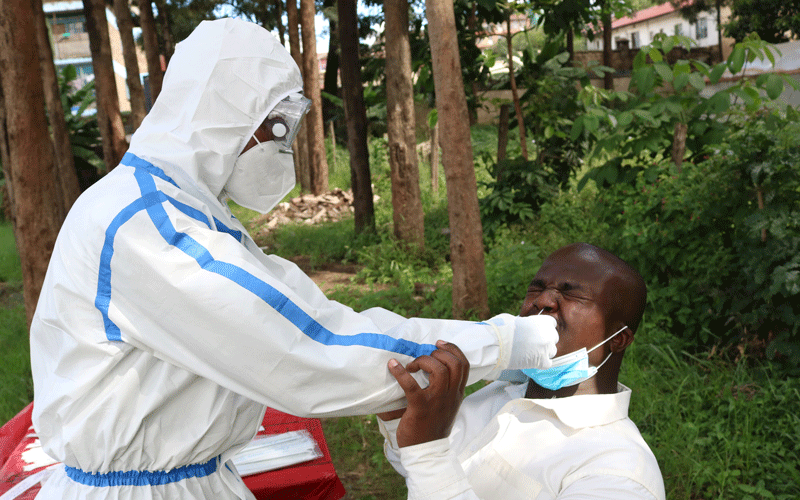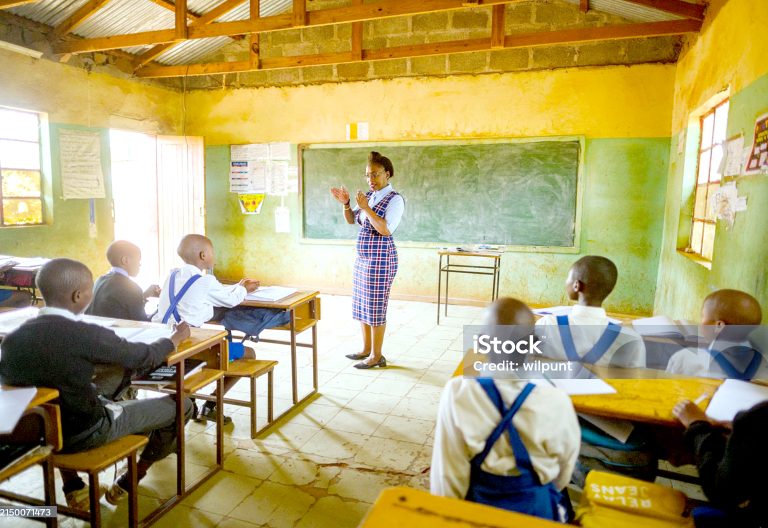Winners and losers from coronavirus shocker

Kenyans are yet to come to terms with the shock of the coronavirus pandemic, but amid the uncertainty, vital insights have emerged from its devastating impact.
Despite the rampage on lives and livelihoods, Covid-19 has opened new vistas to remodel governance and socio-economic structures.
The pandemic underlines the need to take stock of shortcomings in the health system to stimulate remedial measures as a national priority and learning from the losses to design a winning formula.
Other than demonstrating the fragility of the health system, it underscores the need to fund and overhaul it with a sustainable strategy to minimise socio-economic impacts.
As the national and county governments scramble to enforce the emergency response management protocols, focus is now directed at risk communication and community engagement.
The war against the virus faces inbuilt challenges nurtured under the neglect of the past that has left people across the globe counting losses, and fortunately some gains.
Among the biggest losers are hotels, restaurants, travel and airlines, media, TV, film and entertainment industries, sports and fitness, crude oil, construction and property sector, severely hit to the point of paralysis.
Damages stemming from the pandemic are continuing to escalate and have resulted in financial losses, job and pay cuts, with the World Bank projecting Sub-Saharan Africa’s first recession in 25 years – economic growth declining from 2.4 per cent in 2019 to between 2.1 to -5.1 per cent.
As the health system bears the biggest loss shouldering the burden of perishing human lives and strained health workers, it has also emerged a winner, earning closer attention from government.
Other than strengthened infection prevention and control systems, surveillance and response teams, case management and coordination, the health sector has won more funding from government.
Health workers have won greater recognition and support, but more still needs to be done.
Winners in that respect, the health workers have however lost to the pandemic too, being human as the rest of us.
Looked at through the public health response lens, the pandemic has forged a major win for posterity – closer synergy between government and the media in correcting misinformation and promoting good practices on well-being matters.
A victim of the pandemic through lost revenues, the media has suffered job losses and pay cuts.
Yet it has emerged a winner, a crucial partner educating the public on the seriousness of Covid-19, with a key role in preventing its spread, surveillance and detection of transmission chains.
Most important, the media has held the authorities to account on the use of taxpayer funds devoted to combating and minimising the economic disruptions caused by the pandemic.
It has been a watchdog safeguarding crucial massive funding support from global partners.
Wananchi have lost big to the pandemic, sacrificing lives and livelihoods, but they are winners in improved health funding and facilities – bed capacity, personnel, equipment and medicine, which will remain in place, when the virus eventually dissipates.
Coronavirus has bred a win for vulnerable populations and informal settlements through State recovery socio-economic response plans focusing on poverty, services and social protection.
Containment measures have improved hygiene and cleanliness, safer travel in public service vehicles and a reduction in crime.
Yes, the war against the pandemic is far from won, but these efforts must be sustained to address soaring poverty levels, unemployment and food insecurity. —albertoleny@gmail.com












